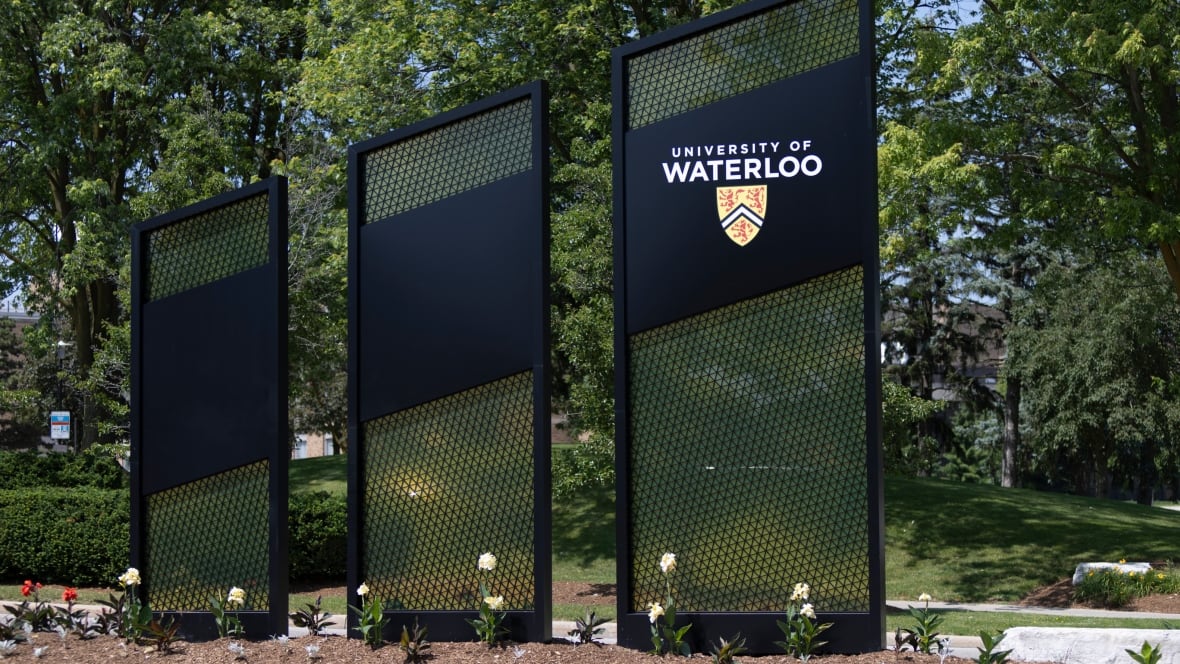Science
University of Waterloo and Google Launch AI Education Initiative

A new collaboration between the University of Waterloo and Google aims to explore the impact of artificial intelligence (AI) on education and career readiness. This partnership will establish the Future of Work Institute at the university, focusing on proactive strategies to navigate the evolving workforce landscape.
According to Edith Law, an associate professor of computer science at the university, the initiative addresses significant changes driven by trends such as climate change, migration, and the AI revolution. “We want to be very proactive in trying to shape the future of work and learning instead of just reacting to these changes,” Law stated in an interview.
The collaboration will kick off with a series of workshops and a new Future Lab starting on October 6, 2023. Students will have the opportunity to work in teams alongside faculty and Google mentors, experimenting with AI-powered tools to better understand AI’s role in education and society.
One of the key aspects of this initiative is the development of an AI literacy program. Law expressed enthusiasm for this component, which aims to support small business owners, entrepreneurs, students in elementary and high school, and their teachers. “We want to create this program so that we can make sure everyone is comfortable with AI technology,” she added.
As part of the partnership, Google will invest $1 million over several years, while the University of Waterloo will contribute $450,000 towards the establishment of the institute. This funding will support research and educational initiatives designed to enhance understanding of AI.
Mira Lane, vice president of technology and society at Google and a graduate of the University of Waterloo, emphasized the importance of shaping the future of learning. She noted that AI offers numerous opportunities for learners, educators, and the broader community. “We want the things that come out of this to be widely accessible and helpful,” Lane remarked.
Lane further highlighted the need for intentionality in developing AI-driven educational tools, recognizing the disruptive nature of this technology. “If we’re not thoughtful and intentional about it, we know that this technology is disruptive in this domain,” she cautioned.
As the collaboration progresses, both institutions are poised to make significant contributions to understanding and integrating AI into educational frameworks, ensuring that the workforce is prepared for the challenges and opportunities that lie ahead.
-

 Science2 months ago
Science2 months agoToyoake City Proposes Daily Two-Hour Smartphone Use Limit
-

 Health2 months ago
Health2 months agoB.C. Review Reveals Urgent Need for Rare-Disease Drug Reforms
-

 Top Stories2 months ago
Top Stories2 months agoPedestrian Fatally Injured in Esquimalt Collision on August 14
-

 Technology2 months ago
Technology2 months agoDark Adventure Game “Bye Sweet Carole” Set for October Release
-

 World2 months ago
World2 months agoJimmy Lai’s Defense Challenges Charges Under National Security Law
-

 Technology2 months ago
Technology2 months agoKonami Revives Iconic Metal Gear Solid Delta Ahead of Release
-

 Technology2 months ago
Technology2 months agoSnapmaker U1 Color 3D Printer Redefines Speed and Sustainability
-

 Technology2 months ago
Technology2 months agoAION Folding Knife: Redefining EDC Design with Premium Materials
-

 Technology2 months ago
Technology2 months agoSolve Today’s Wordle Challenge: Hints and Answer for August 19
-

 Business2 months ago
Business2 months agoGordon Murray Automotive Unveils S1 LM and Le Mans GTR at Monterey
-

 Lifestyle2 months ago
Lifestyle2 months agoVictoria’s Pop-Up Shop Shines Light on B.C.’s Wolf Cull
-

 Technology2 months ago
Technology2 months agoApple Expands Self-Service Repair Program to Canada









